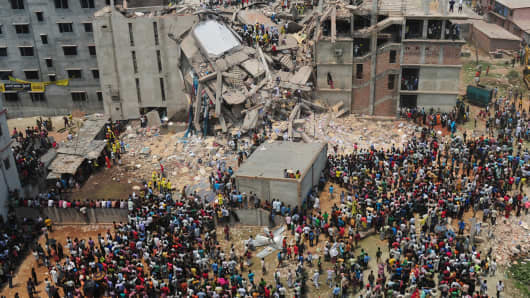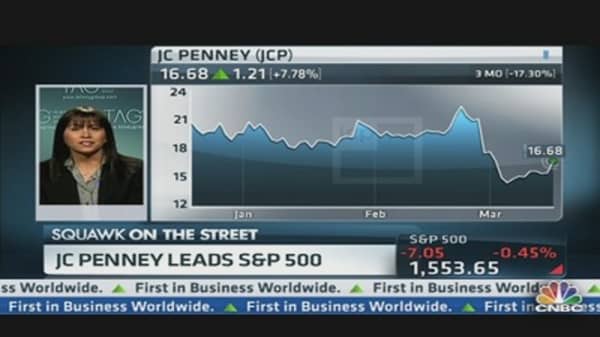If the deadly factory collapse and other workplace disasters in Bangladesh have you searching for ethically sourced clothing, get ready for a lengthy hunt.
As apparel manufacturing has globalized, the sourcing of fabric and garment assembly has become exponentially more complicated: Thread may come from one country, buttons from another, and the stitching may be performed in a third. At the same time, consumer demand for cheap clothing is strong, as the success of brands like Joe Fresh and Zara make clear.
Not surprisingly, apparel makers have been slow to develop ethically sourced clothing lines.
"The market is failing to give us the wide range of things that we typically buy in the sweat-free category," said Ian Robinson, a lecturer and assistant research scientist in sociology at the University of Michigan. Robinson has studied consumer demand for ethical—or in his term, sweat-free—clothing.
Also, consumers have few ways to find out which clothes are ethically produced. While clear labeling systems exist for organic food and fair-trade coffee—and sales of those products are growing—there is no comparable system for clothing.
(Read More: Online Shopping Site Offers Ethical Alternatives to Big Brands)
As a society, "we haven't done a great job of giving consumers the information that they would probably use to make ethical buying decisions," said Sally Greenberg, executive director of the National Consumers League.





